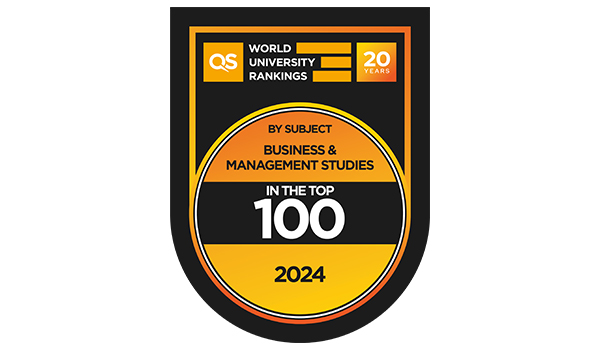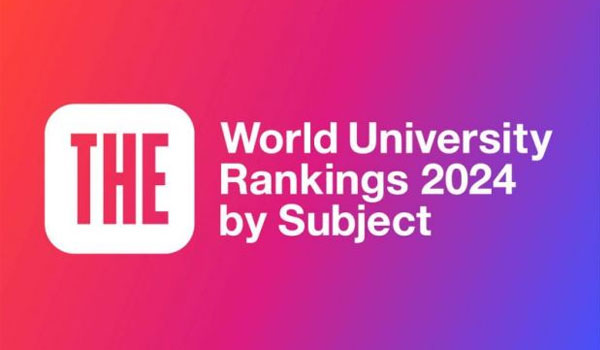The final element of the Master's programme, and the most substantial single piece of written work, is the dissertation. This involves a sustained piece of individual research, which can take one of a number of formats. It is your chance to bring together and demonstrate all the learning you have acquired throughout the programme.
A consultancy project dissertation involves students working with a designated company to address a particular challenge they face using research and insights from the programme. A consulting project is typically done by a group of not more than three students. While the client deliverable is a team output, the dissertation also involves an individual piece of written work. Places on the consultancy project dissertation module are awarded competitively as there are a limited number of projects each year.
This module aims to familiarise you with the notion of system integration and the ways companies can respond to their integration needs. Most importantly, you will have the opportunity to gain hands-on experience with an ERP system and run a virtual company using the system.
In the module, you will be introduced to the art of IT architecting using the latest technological topologies. IT architecture plays a central role on the enterprise design and act as a blueprint for strategic and operational business development. You will learn how architecture is important for defining structural, behavioural and functional aspects of both enterprise and IT systems.
The final element of the Master's programme, and the most substantial single piece of written work, is the dissertation. This involves a sustained piece of individual research, which can take one of a number of formats. It is your chance to bring together and demonstrate all the learning you have acquired throughout the programme.
For a research dissertation, you would identify an academic research question and then conduct original data collection through fieldwork to address the question. Alternatively, you could tackle a self-defined research problem/question using a combination of academic literature and the skills you have developed through the programme.
‘Better’, ‘stronger’, and ‘more decisive’ leadership is often highlighted as the key to improving organisational performance and resolving social problems. Yet, traditional understandings of what constitutes ‘effective leadership’ - especially charismatic and transformational models - have failed to live up to expectations.
This module seeks to rethink leadership by firstly exploring the strengths and weaknesses of three primary conceptual frameworks: heroic (leader-centred), post-heroic (follower-/culture-centred) and critical (power-centred) perspectives. It aims to develop knowledge and skills in the critical evaluation, interpretation and practice of leadership in organisations and societies. Secondly, you are encouraged to apply these different theories and perspectives in the reflection and development of your own leadership approach within your own context.
The module aims to enhance your knowledge about leadership dynamics enacted in diverse settings.
The final element of the Master's programme, and the most substantial single piece of written work, is the dissertation. This involves a sustained piece of individual research, which can take one of a number of formats. It is your chance to bring together and demonstrate all the learning you have acquired throughout the programme.
The start-up plan version of the dissertation involves you using academic research relevant to the programme to inform the development of a business start-up plan.
What is meant by change management and how to analyse organisational change is an important, contested, and complex question. This module focuses on these questions.
In recent decades, management gurus, consultants, politicians and academics have talked about workplace transformation, but what does this mean? A series of change initiatives have emerged, such as teamwork, quality management, and business process reengineering, which can be understood as part of this transformation and a means to achieve it. This module aims to challenge accepted and simplistic understandings and practices associated with change. Our contention is that to understand what is going on necessitates a reflexive and critical appreciation of the contradictions, complexities and paradoxes of organisational change and interventions that seek to secure change.
The course aims to provide you with a theoretical and practical understanding of key ideas and perspectives in the management of organisational change. Throughout the module, we will introduce concepts, theories and cases from studies of managers and organisations. We focus on developing your abilities to critically, systemically, and reflectively analyse change management.
As managers and others seek to initiate, implement and account for the impacts of change projects it is important that taken for granted assumptions and simplistic solutions about organisational life are both articulated, understood and rethought. Throughout the course prevailing assumptions in the managerial literature are examined and evaluated from a range of advanced social scientific perspectives. By the end of course you should have developed an understanding of the complex and contested nature and practice of the management of organisational change.

















